ABOUT DR. JIM COSTELLO
This Method Wasn’t Born in Theory. It Was Built in Motion.
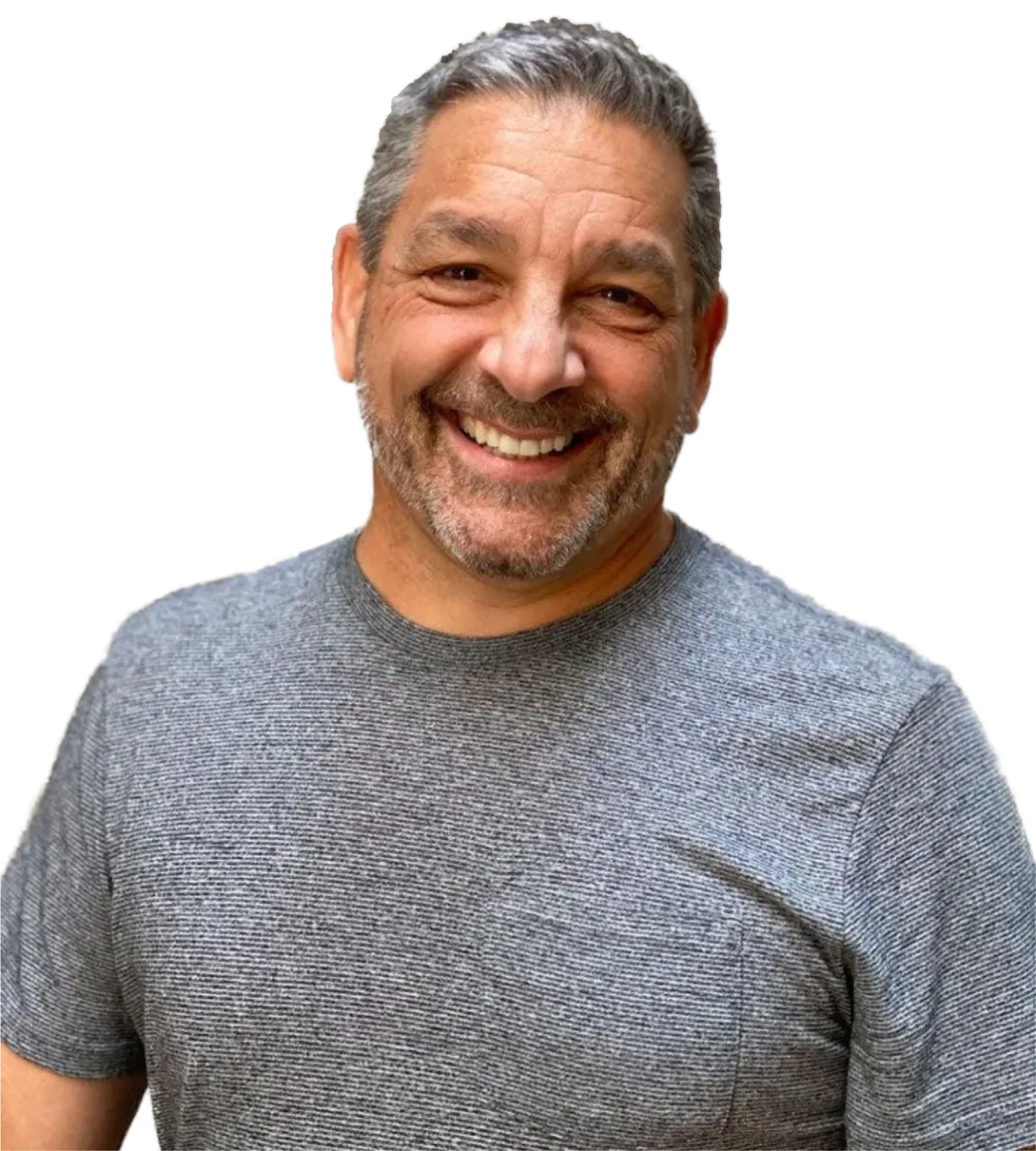
The Storm Named Adam
The first time I met Adam, it felt like stepping into a storm. He was in constant motion—bouncing, spinning, flapping his hands so fast they blurred. His breath was shallow. His eyes darted, never settling. His parents looked exhausted—their voices gentle, but tight with strain.
They weren’t parenting a child. They were chasing a nervous system stuck in survival mode.
This wasn’t just hyperactivity. It was deep dysregulation—a body running on instinct, unable to settle, organize, or connect.
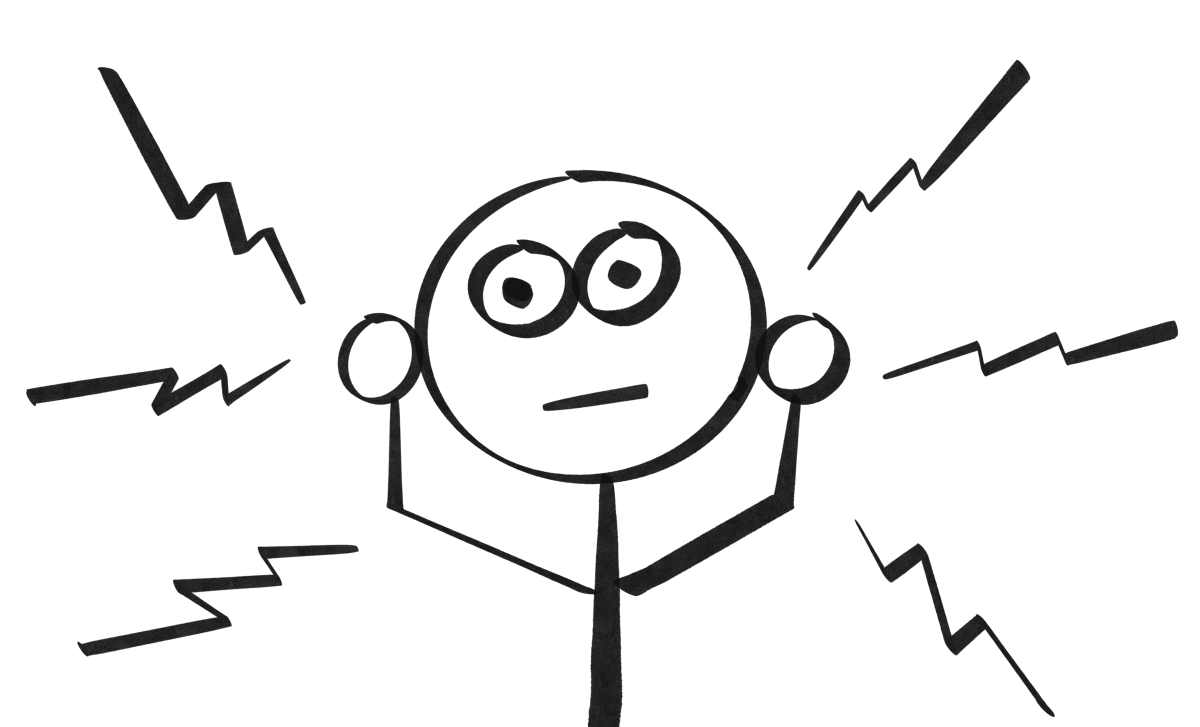
The Horse Who Taught Me Everything
Years ago, I worked with a horse named Stoney.
He never spoke—but he communicated everything. Through posture, pressure, and the subtle shift of his weight in the wind. Beside me stood Marty, a weathered rancher who’d spent his life listening to animals.
“Horses don’t lie, Doc,” he told me. “They don’t fake pain.”
That day, I learned the most important clinical principle I’ve ever carried:
The body tells the truth. If we want to help someone regulate, we have to listen with more than our ears.
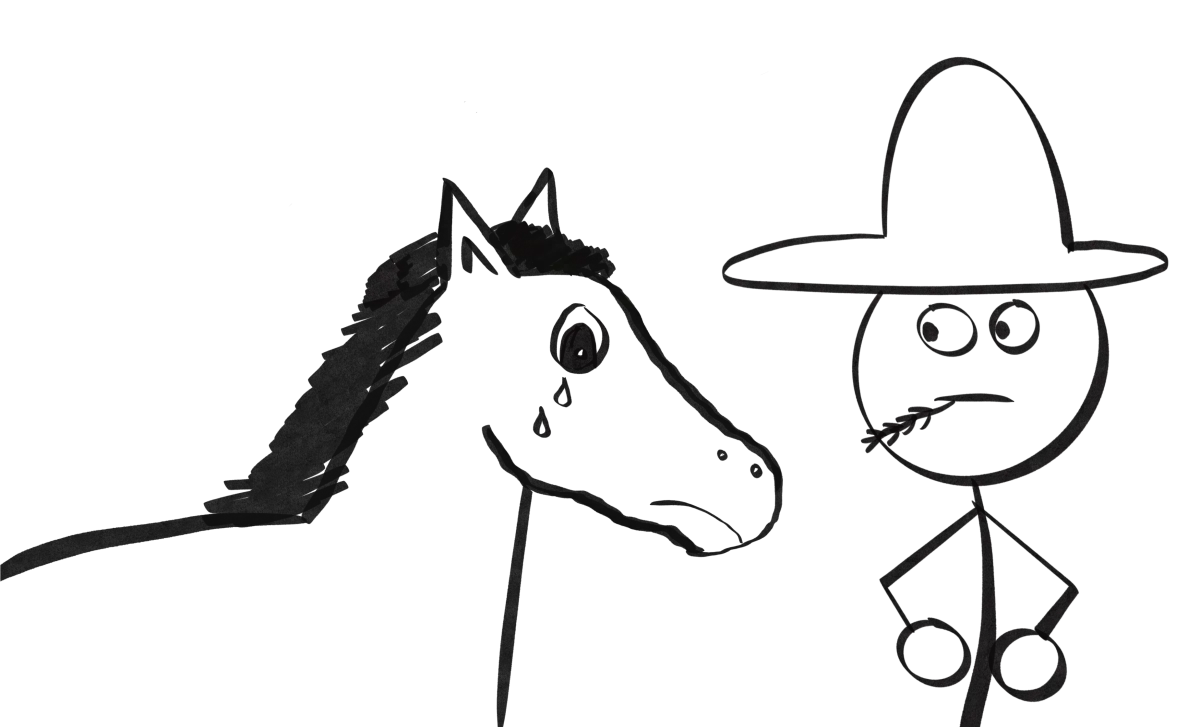
The Hike That Changed Everything
When I walked with Adam, we didn’t begin with eye contact or control. We began with movement. We hiked—up trails, over ridges, across uneven ground. I matched his pace and studied his gait, watching how his body moved through the world.
Then came the bees. I froze—panicked. But Adam didn’t. The boy whose body had never known calm was the one grounding me. The vibration that should’ve overwhelmed him was, instead, organizing him.
His system wasn’t bracing—it was aligning. In that moment, his body shifted. And his brain followed. That transformation didn’t come from mindset or obedience. It came from rhythm. From movement. From the body-first inputs that true regulation depends on.
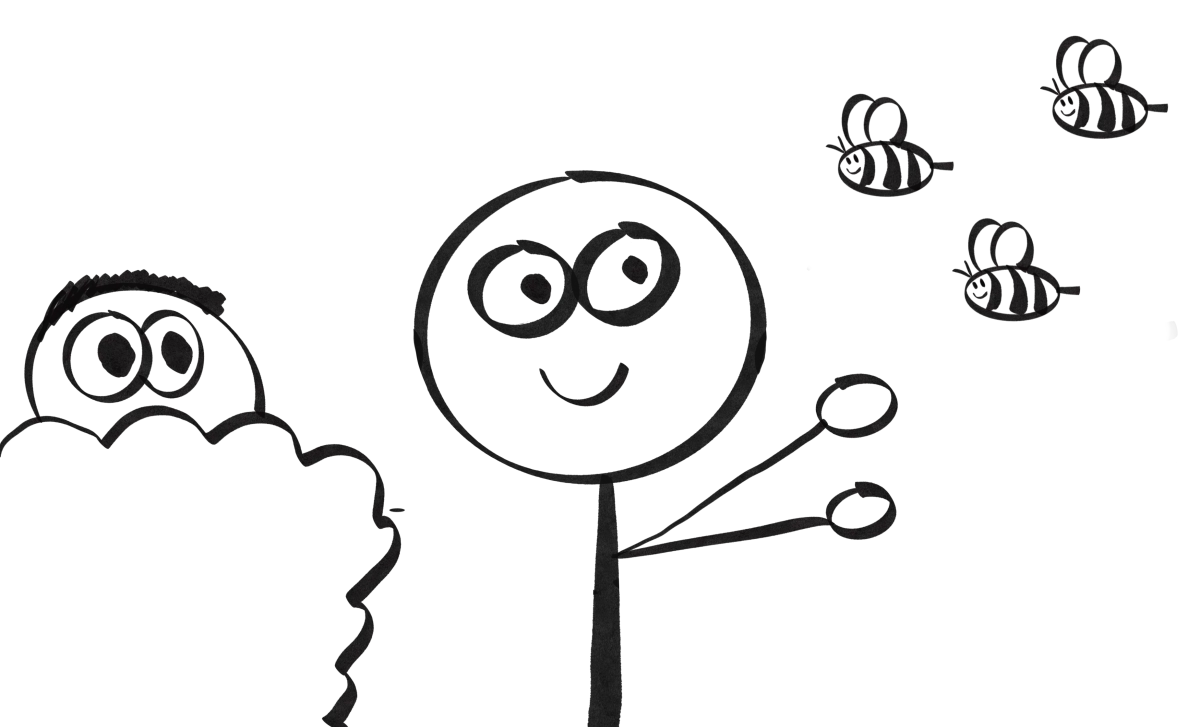
The Paradigm Shift
After that moment, I stopped trying to fix Adam’s behavior. Instead, I began guiding him through simple, developmentally-rooted movements—not to make him perform, but to help his system reorganize. And it did.
This wasn’t training. It wasn’t coping. It was recalibration. What worked for Adam, I began to see working again and again—for children, teens, adults, even high-performing professionals whose systems had never truly known safety.

The Work That Followed
That moment on the hike became more than a breakthrough—it became the foundation for a body of work that would ripple far beyond that trail. What started as a simple walk evolved into a framework now used by clinicians, educators, families, and high-stress professionals across the globe.
When we stop reacting to behavior and start responding to the nervous system beneath it, real healing can begin. It’s a shift from managing symptoms to rebuilding foundations.
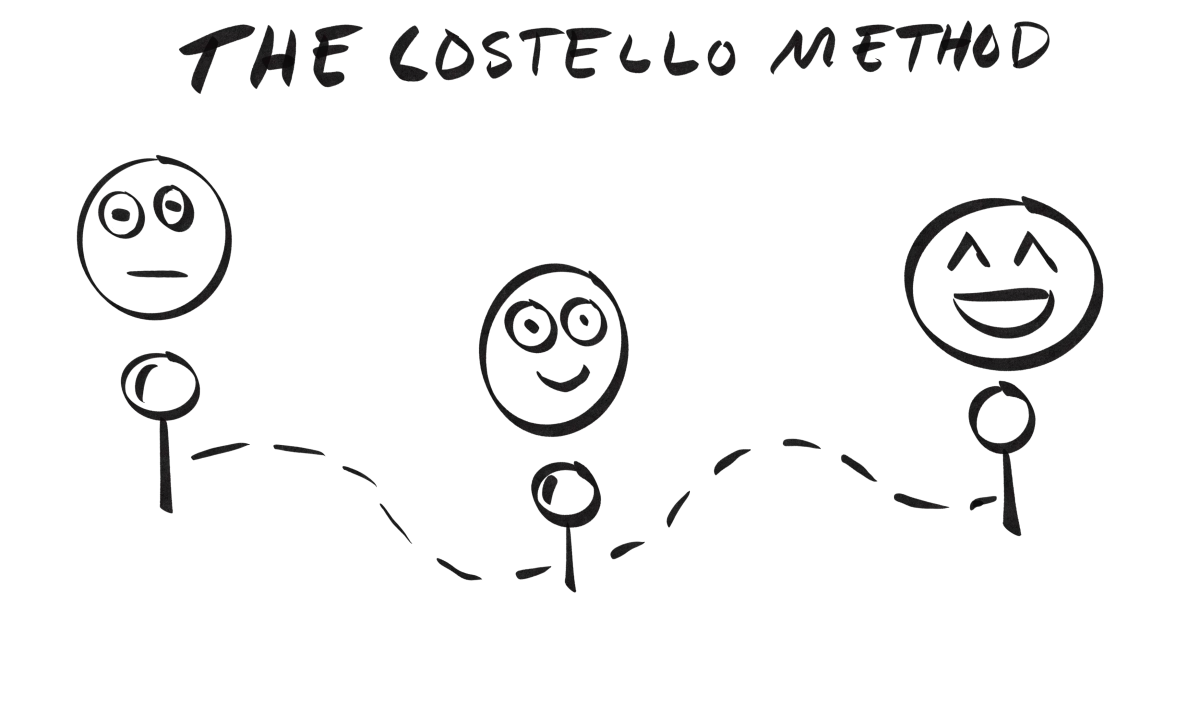
Here’s What Grew From It:

1. Body-First Regulation™
The foundational philosophy: We don’t think our way to safety—we feel our way there. True regulation begins in the body, through movement and rhythm, not in the mind alone.
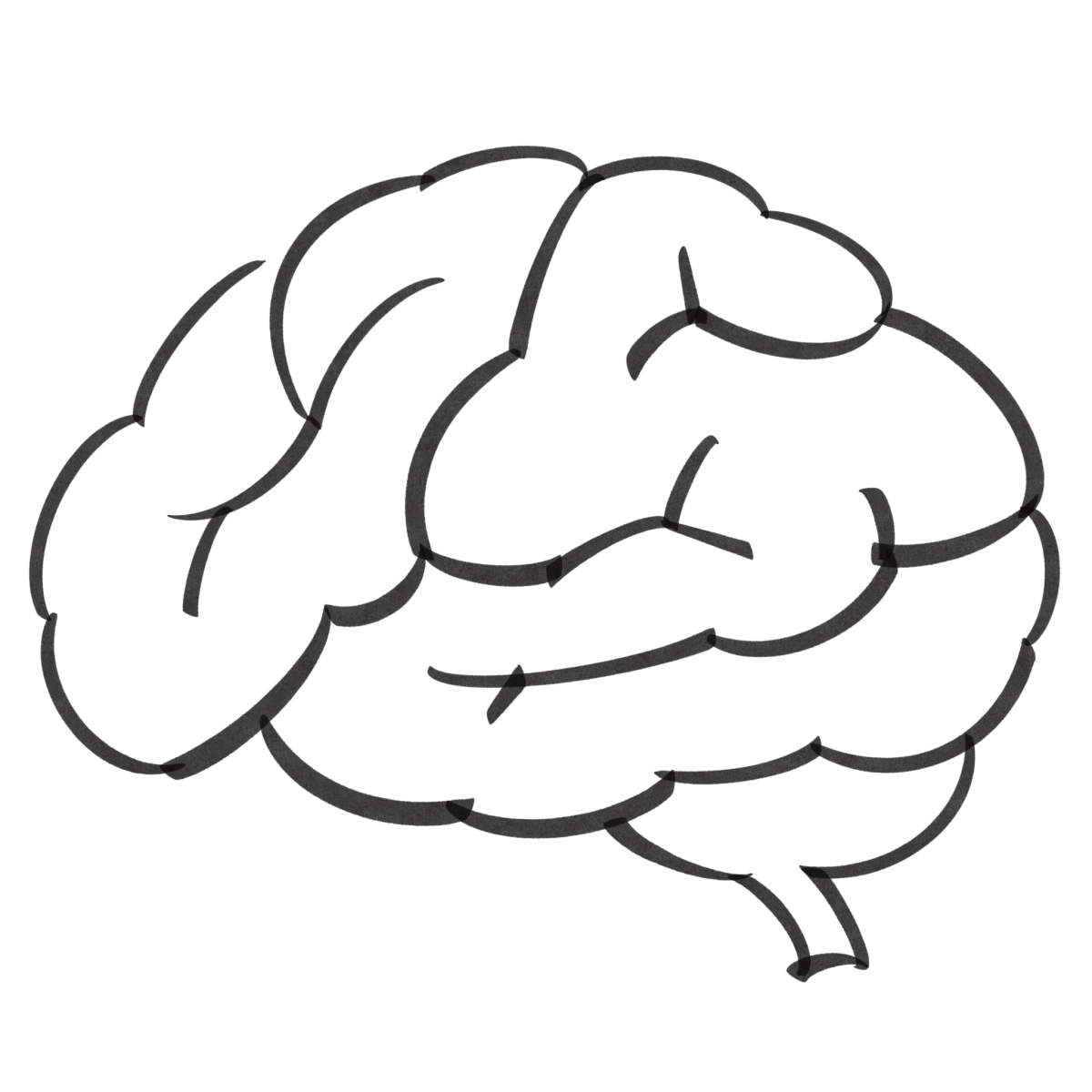
2. Neuro-Balance Quiz™
The starting point. Identify where your nervous system currently operates—ranging from grounded to survival mode—and discover the specific inputs it needs to restore balance, regulation, and long-term resilience.

3. Regulation Style™
Your unique pattern of response and recovery. This personal blueprint identifies the tools, pacing, and strategies your nervous system truly responds to—eliminating the guesswork of one-size-fits-all solutions.

4. The Costello Method™
Rooted in movement, rhythm, reflex integration, and sensory input, this approach delivers body-first regulation—restoring balance and recalibrating stress responses from the bottom up.

5. The Costello Framework™
A 3-phase roadmap that returns regulation to systems stuck in survival. Each phase—stabilization, resilience-building, and long-term integration—delivers body-first strategies rooted in neuroscience.

6. SOS Resets™
In-the-moment support for nervous system spikes—including emotional flooding, sensory overwhelm, or shutdown. These fast-acting, body-based tools help you shift states quickly and effectively in real time.

7. NeuroReformation™
Not just recovery—a paradigm shift. This is full-system transformation that rewires how your body and brain relate to stress, connection, and calm—beyond symptom management.
This method didn’t start as a concept. It started with a need—when the usual tools weren’t landing. It took shape in motion, next to people whose systems were stuck, flooded, or shut down. It was shaped by everything that didn’t work. Refined by the moments that brought someone back online. Built in the real world, where regulation either happens—or it doesn’t.
Not in a lab. Not in controlled settings. But in everyday places—living rooms, classrooms, therapy offices. In the middle of hard moments: meltdowns, shutdowns, blank stares, and overwhelmed bodies.
The old approaches didn’t hold up in those moments. So we built something that could.
That’s the heart of this work. And it’s where we begin.
“The body leads. The brain follows. And when we listen at that level, regulation becomes possible.”
—Dr. Jim Costello
